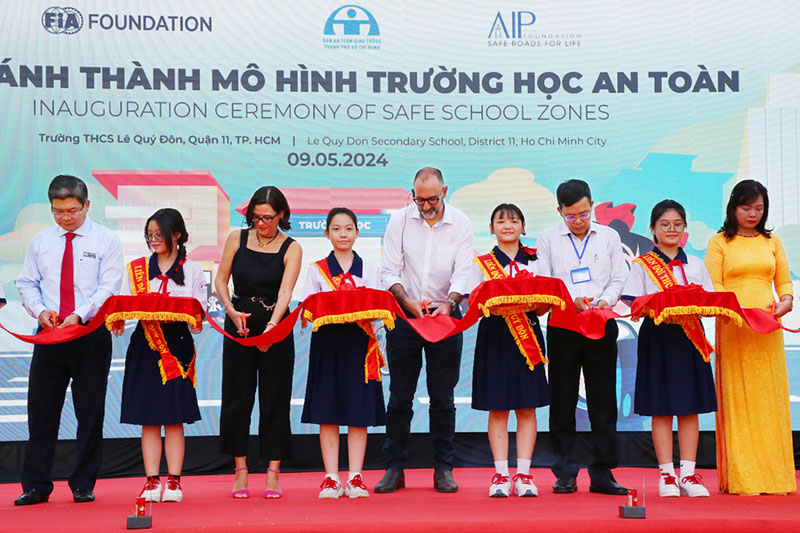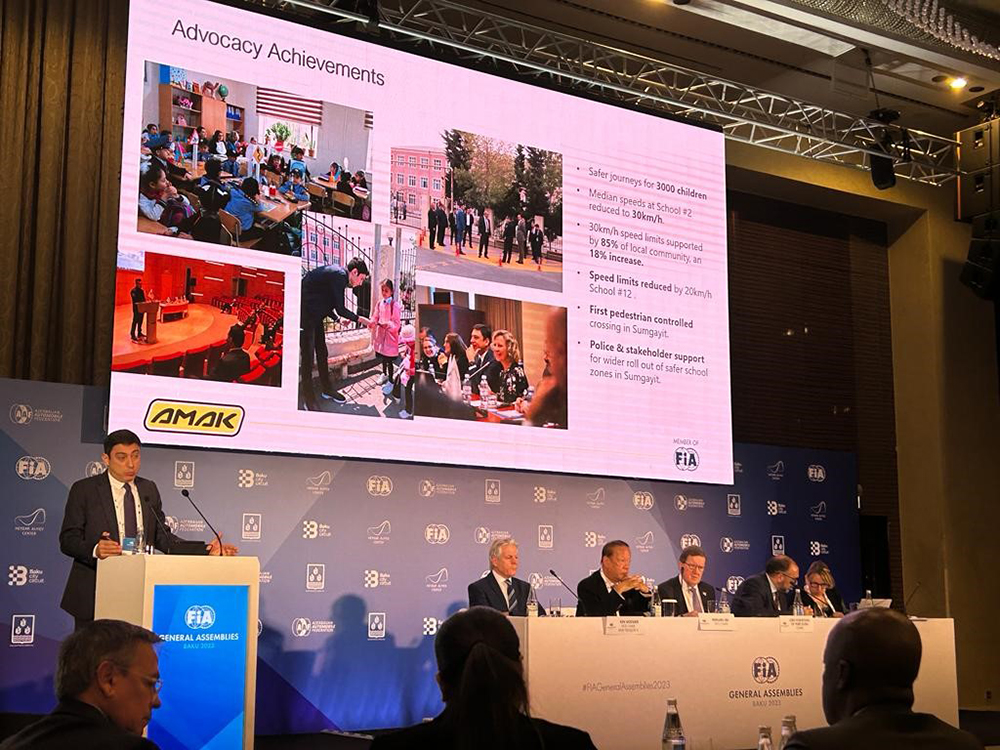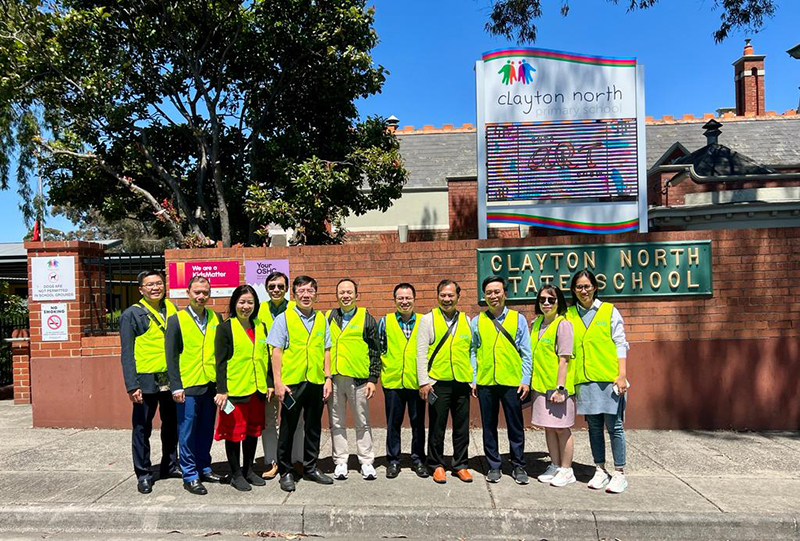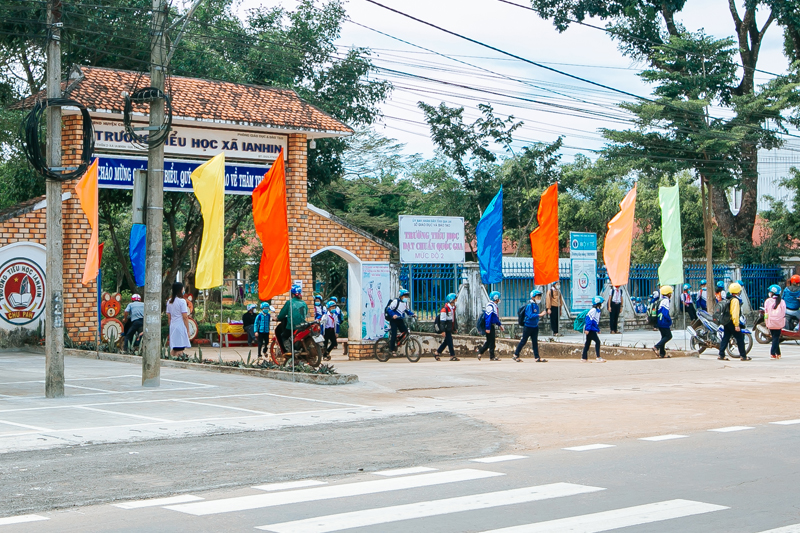NGO leaders across Africa unite for safe school zones
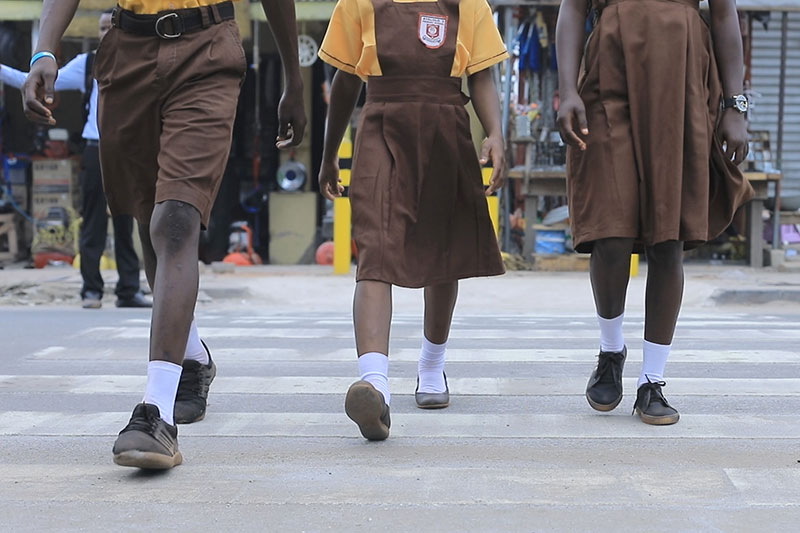
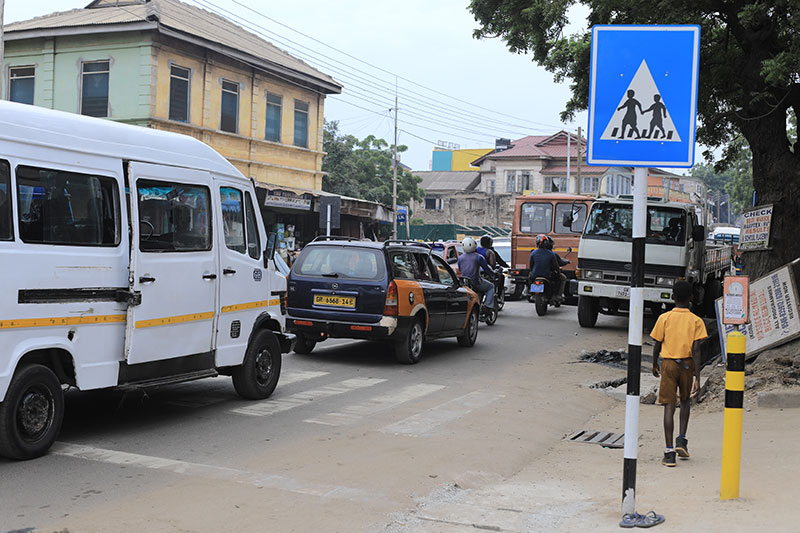
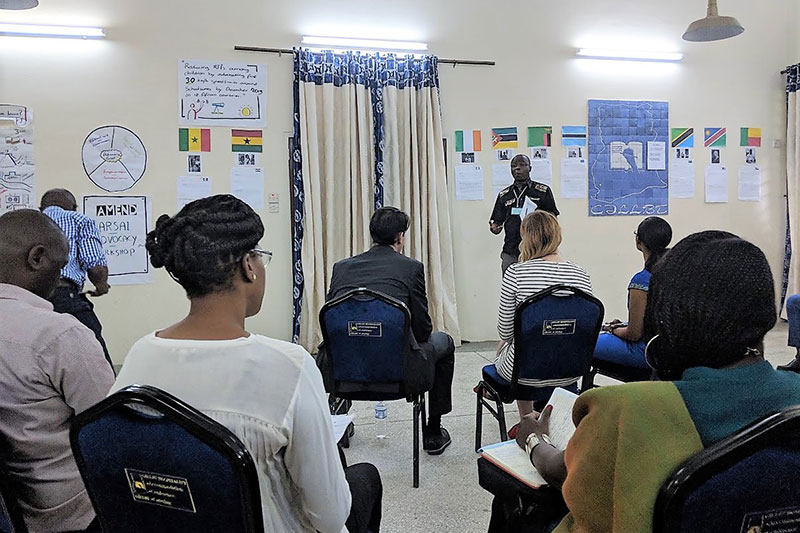

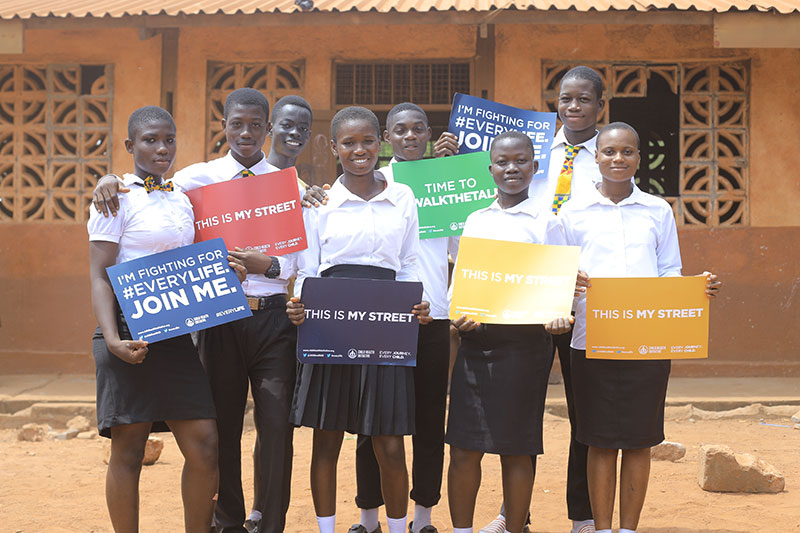
Amend, a Child Health Initiative partner, has brought together NGO leaders from nine different African countries to agree an advocacy action plan for safe school zones across the region.
The NGO convened road safety campaigners from Benin, Botswana, Senegal, Ivory Coast, Mozambique, Ghana, Tanzania, Namibia, and Zambia. Together, they agreed country specific strategies to deliver safe journeys to school by the end of 2019.
Many of the NGO leaders are part of the Amend project to implement life-saving infrastructure around 10 different schools in 10 different countries, using the School Area Road Safety Assessment and Improvements (SARSAI) programme. The project, co-funded by the FIA Foundation, aims to highlight the impact of the life-saving infrastructure at the pilot schools as an urgent call to action to governments to scale up these interventions.
With nearly all of the 10 pilot schools completed, the group is now faced with the challenge of leveraging government funding to ensure a full roll-out of safe school infrastructure and the lowering, and enforcing, of speed limits around schools.
The issue of providing safe school infrastructure is urgent. African children are twice as likely to be involved in a road traffic crash compared to wealthier peers in the West. They are also much more likely to walk to school alone, alongside busy, high speed roads that have no protective infrastructure for pedestrians. With 90% of all road traffic injury (RTI) related deaths occurring in low-middle income countries out of an estimated 1.3 million fatalities a year, children in the region are especially at risk.
The recent publication of Amend’s SARSAI case study in the BMJ illustrates the level of risk faced by children who walk to and from school; of the schools surveyed in Dar es Salaam for RTIs involving students, 93.3% were pedestrians. The study, using two groups of schools in the city, was also able to show the dramatic reduction in RTIs at the schools that received the protective infrastructure compared to the controlled group of schools who did not.
Managing the speed of vehicles around schools is critical. During two days of intensive evaluation and planning, the group formed action plans to secure government mandated 30km/ph speed limits in school zones by the end of 2019, where currently the majority of countries have rarely enforced speed limits between 40km/ph and 60km/ph in urban areas. Ghana and Botswana already have 30km/ph speed limits for densely populated areas, yet enforcement, sign posting and public awareness still pose great challenges which the action plan aims to address across the region.
Following the two day workshop, all participants attended Ayalolo and Hansen schools for a ribbon cutting ceremony, to celebrate the latest instalment of the Amend programme, this time in Accra, Ghana. The densely populated area of Accra, packed with market stalls and narrow busy roads, is home to 1000s of local students who navigate these streets to get to school. Students here now have access to new crosswalks, sidewalks, speed humps, signage and bollards that slow and protect them from the busy traffic.
Representatives from the Mayor’s office, the National Road Safety Commission, Amend and FIA Foundation who attended the ribbon cutting ceremony heard from one of the students who bravely spoke of his involvement in an crash on the way to school. Students showed their dedication to road safety presenting poems, dances and demonstrations calling for safe streets to protect them.
Speaking at the ribbon cutting ceremony FIA Foundation Campaigns and Media Manager Rebecca Ashton said; “We are proud to work globally with partners such as Amend to show these effective solutions work, and to ensure children’s rights around the world are recognised and upheld.
Now we need to see more action, to see safe schools zones become a priority for governments everywhere, and to see these projects scaled up so young people around the world have access to safe and healthy streets for education, for play, and for life.”



